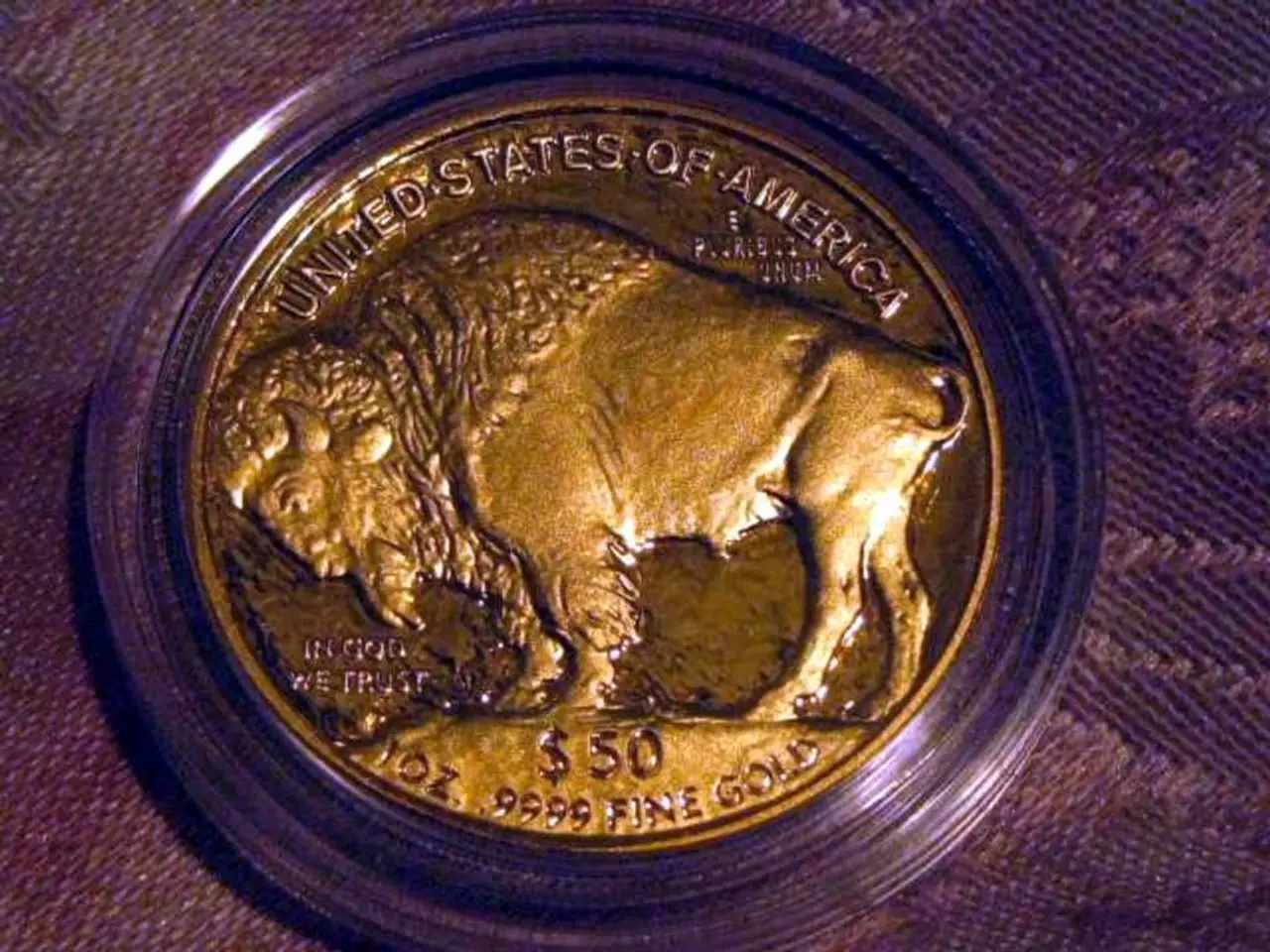Forex Reserves Reach New Peak in June
In a move aimed at protecting export competitiveness and maintaining financial stability, the central bank of Taiwan intervened in the currency market in July 2021. The intervention was prompted by the New Taiwan dollar (NTD) appreciating sharply against the U.S. dollar, posing economic challenges to exporters and insurers.
The NT dollar saw its largest monthly increase in 36 years, threatening the value of exporters' revenues in USD when converted back to a stronger NTD. This sharp appreciation also put pressure on insurers holding USD assets, complicating their hedging strategies and financial planning for local corporations.
In response, the central bank took several measures to prevent further sharp appreciation and stabilize the NT dollar. These included aggressive purchases of U.S. dollars, reducing the maximum daily foreign exchange sales allowance for major corporations, and advising a delay in market participation to prevent concentrated buying pressure. These interventions significantly increased Taiwan’s foreign exchange reserves.
The intervention was also motivated by the central bank’s desire to avoid sharp market dislocations that could hurt Taiwan’s export competitiveness amid ongoing Taiwan-US trade talks and global geopolitical uncertainties.
Meanwhile, optimism surrounding US tariff negotiations led to a surge in foreign institutional investment in Taiwan's market. This surge increased demand for the NT dollar, with foreign investors' holdings exceeding US$877.7 billion at the end of last month, representing 147 percent of Taiwan's total foreign exchange reserves.
The US dollar rebounded sharply in the final session of last week, rising NT$0.722 (2.41 percent) against the NT dollar. This rebound was attributed to central bank intervention aimed at stabilizing the local currency. The largest single-day gain in 24 years was recorded in the US dollar's rebound against the NT dollar.
However, the US dollar declined 0.09 percent against the NT dollar last month, marking a contrast to its strong rebound at the end of last week. The US Federal Reserve's signal of a potential rate cut weakened the US dollar globally, contributing to the month-long decline.
Taiwan's foreign exchange reserves hit a record high of US$598.43 billion at the end of last month, an increase of US$5.48 billion from May. This increase was due in part to the central bank's interventions and the surge in foreign institutional investment.
Authorities closely monitor whether foreign investors repatriate funds after selling Taiwan-based securities to prevent currency speculation. Despite the increase in foreign investors' holdings, the central bank remains vigilant in maintaining exchange rate stability within a "reasonable range," as stated by Tsai.
In conclusion, the Taiwan central bank's intervention in July 2021 was a strategic move to curb excessive strengthening of the NT dollar caused by strong exporter demand and speculative trading, thereby protecting export competitiveness and financial stability in the face of rapid currency appreciation.
The sharp appreciation of the NT dollar posed challenges not only to exporters but also to insurers with USD assets, as it complicated their hedging strategies and financial planning for local corporations (banking-and-insurance). The central bank's intervention, which included aggressive purchases of U.S. dollars, was aimed at maintaining financial stability and protecting export competitiveness within the finance industry.




